In an interview with The Gioi va Viet Nam Newspaper on the sidelines of the Ho Chi Minh City Economic Forum on September 25, Portuguese delegates expressed their expectations for the potential for cooperation between the two countries.
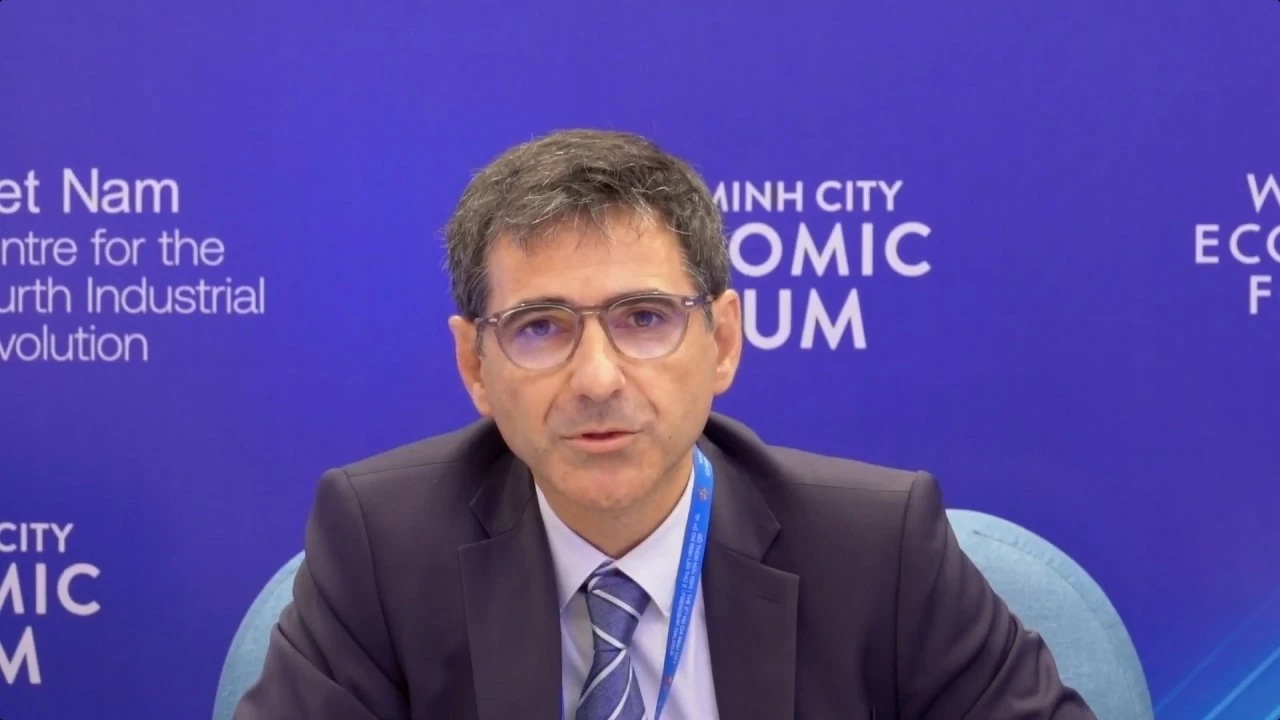 |
| Mr. Ricardo Arroja, President of the Portuguese Agency for Investment and Foreign Trade (AICEP), affirmed that Vietnam is one of the fastest growing economies in the world and Ho Chi Minh City is a very dynamic city. (Photo: Nguyen Binh) |
Ricardo Arroja, President of the Portuguese Agency for Foreign Trade and Investment (AICEP), said that for many years, AICEP has encouraged investment in green and high-tech industries. Last year, Portugal ranked 7th among European countries receiving the most FDI projects, with one-third of those projects in the software development and information technology sectors, as well as business services.
Portugal is specializing in renewable energy. Currently, 65% of the country’s electricity comes from renewable energy and Madrid has a target of producing 80% of its electricity from renewable energy by 2030. “ We are on track to achieve these goals and achievements, which make Portugal a leader in green energy and high technology in general ,” the AICEP President affirmed.
Commenting on the prospects for cooperation between AICEP and Ho Chi Minh City in export activities and strengthening international links, Mr. Ricardo Arroja said that Vietnam is one of the fastest growing economies in the world and Ho Chi Minh City is a very dynamic city. Two-way trade between the two countries has grown at double-digit rates.
In the areas that Ho Chi Minh City wants to specialize in in the coming years, Portuguese companies can provide technology and expertise, to share experiences and help develop the above areas, especially smart cities, green energy, as well as some other initiatives related to software and the marine economy.
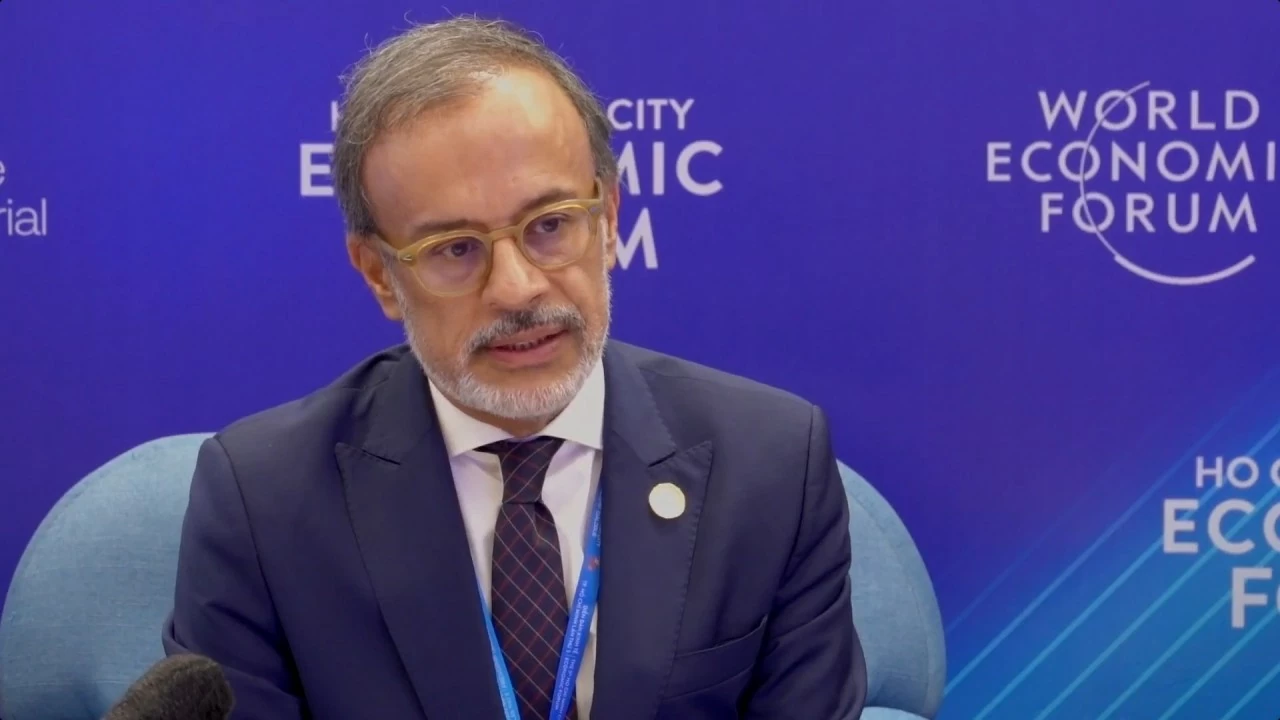 |
| Mr. Ricardo Valente, Deputy Mayor of Porto in charge of economic affairs (Portugal) emphasized sustainability in the industrial transformation process. (Photo: Nguyen Binh) |
Meanwhile, Ricardo Valente, Vice Mayor of Porto in charge of economic affairs (Portugal), emphasized that Porto is building a detailed and appropriate strategy, with sustainability as the main goal. To make that happen, the city has changed regulations, such as 100% of the city's bus fleet is completely fossil fuel-free. Porto only uses electric buses and buses that run on natural gas.
“In addition, Porto aims to be completely energy self-sufficient. So we are building energy communities in the city. That means first we produce and consume energy ourselves, then we sell it to the neighborhoods in the city. That is an important goal that we intend to achieve by 2030 in terms of energy consumption,” said a representative of the city of Porto.
Not only that, Porto includes a clause in all public contracts related to energy that stipulates that all energy must be 100% renewable. The city has established a program to support startups to help address climate change. Each year, Porto provides funding to small and medium-sized businesses to help the city address environmental issues.
Regarding the international cooperation model between Porto and Ho Chi Minh City, Mr. Ricardo Valente said: “We have a climate pact between cities, with about 100 cities participating to learn from each other. We set common goals, expand the scale of sharing experiences and participate in changing environmental policies globally.”
Source: https://baoquocte.vn/bo-da-o-nha-hien-ke-chuye-n-do-i-cong-nghiep-cho-tp-hcm-288726.html


![[Photo] National Assembly Chairman Tran Thanh Man chairs the 8th Conference of full-time National Assembly deputies](https://vphoto.vietnam.vn/thumb/1200x675/vietnam/resource/IMAGE/2025/9/29/2c21459bc38d44ffaacd679ab9a0477c)

![[Photo] General Secretary To Lam receives US Ambassador to Vietnam Marc Knapper](https://vphoto.vietnam.vn/thumb/1200x675/vietnam/resource/IMAGE/2025/9/29/c8fd0761aa184da7814aee57d87c49b3)
![[Photo] Many streets in Hanoi were flooded due to the effects of storm Bualoi](https://vphoto.vietnam.vn/thumb/1200x675/vietnam/resource/IMAGE/2025/9/29/18b658aa0fa2495c927ade4bbe0096df)
![[Photo] General Secretary To Lam attends the ceremony to celebrate the 80th anniversary of the post and telecommunications sector and the 66th anniversary of the science and technology sector.](https://vphoto.vietnam.vn/thumb/1200x675/vietnam/resource/IMAGE/2025/9/29/8e86b39b8fe44121a2b14a031f4cef46)

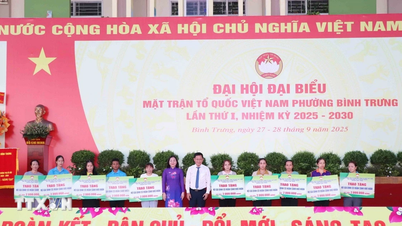


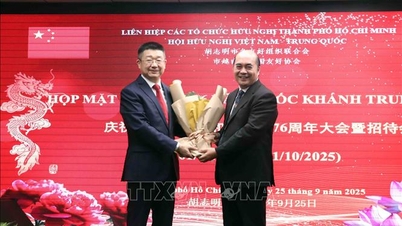




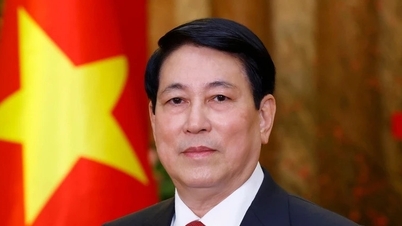














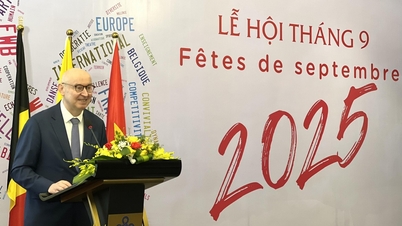





























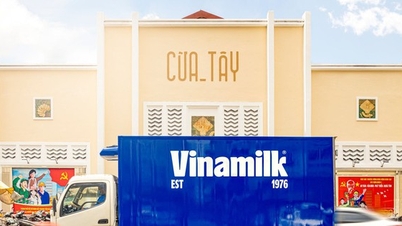




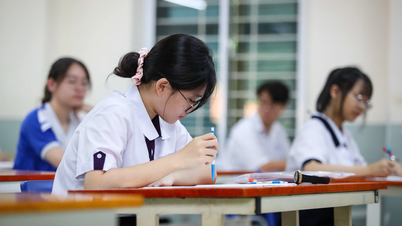
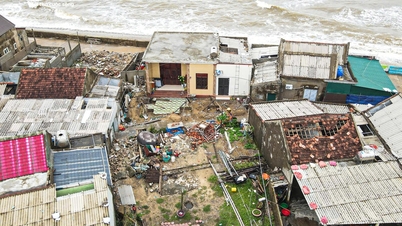



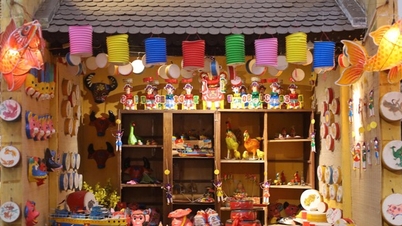












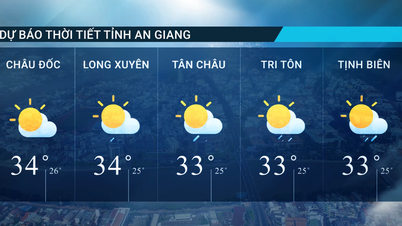



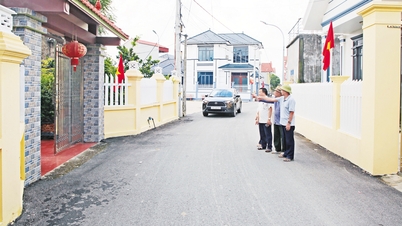

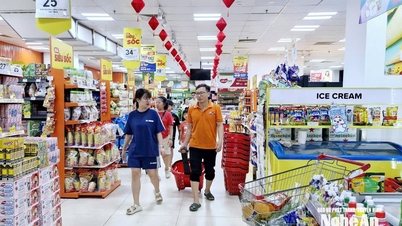










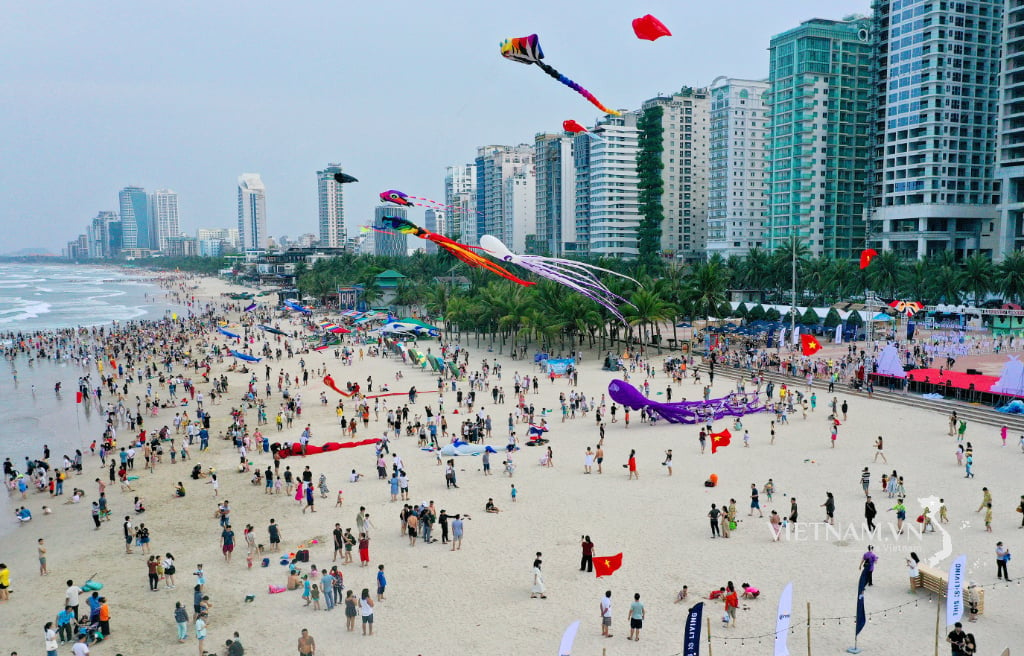
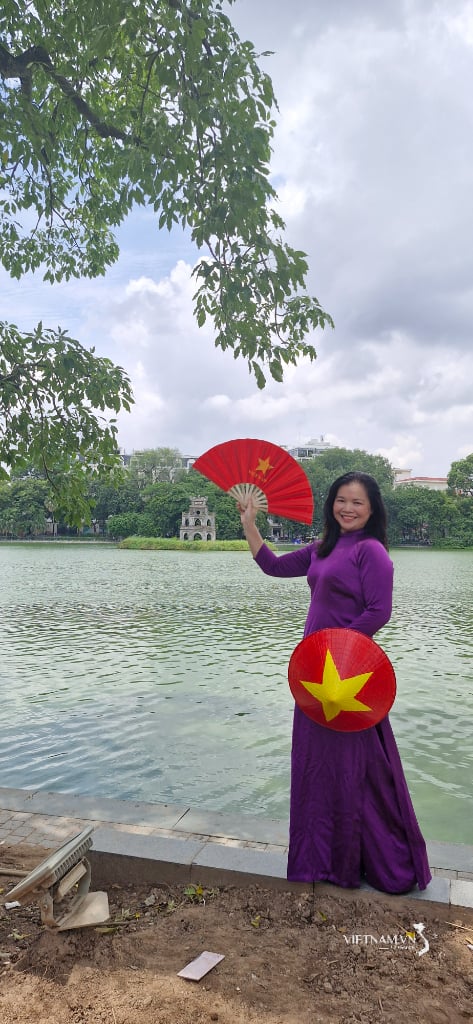


Comment (0)